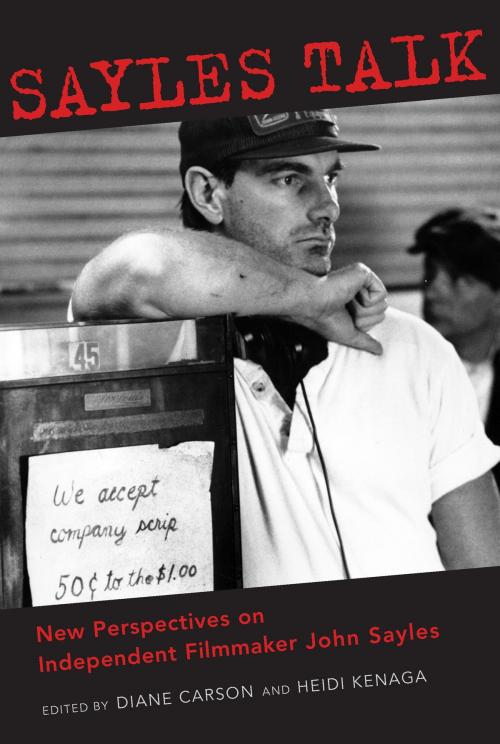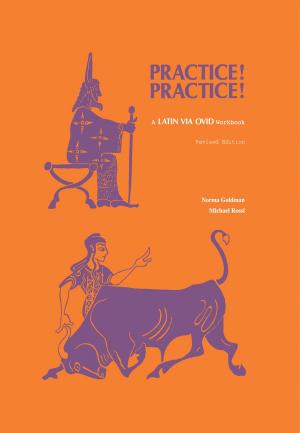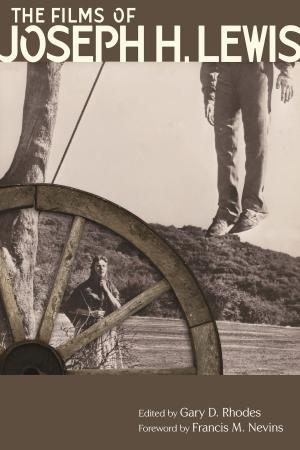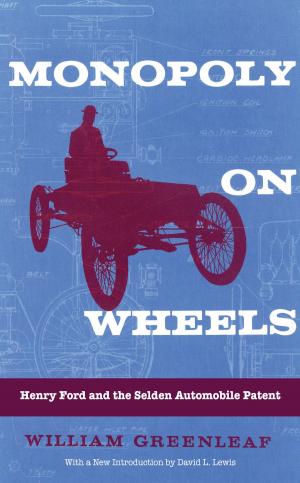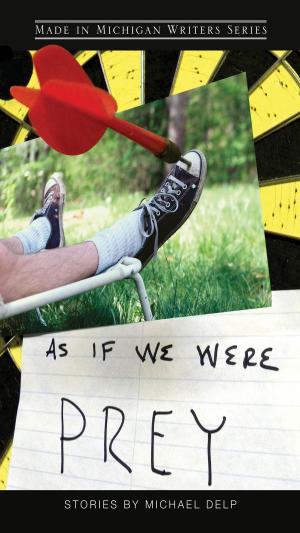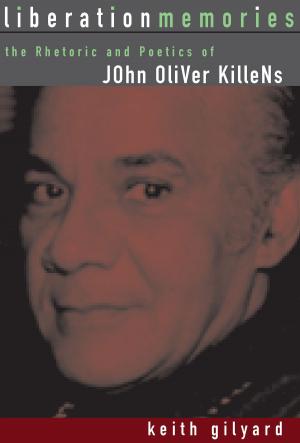Sayles Talk
New Perspectives on Independent Filmmaker John Sayles
Nonfiction, Entertainment, Film, History & Criticism, Performing Arts| Author: | Diane Carson | ISBN: | 9780814340073 |
| Publisher: | Wayne State University Press | Publication: | December 19, 2005 |
| Imprint: | Wayne State University Press | Language: | English |
| Author: | Diane Carson |
| ISBN: | 9780814340073 |
| Publisher: | Wayne State University Press |
| Publication: | December 19, 2005 |
| Imprint: | Wayne State University Press |
| Language: | English |
His name is synonymous with "independent film," and for more than twenty-five years, filmmaker John Sayles has tackled issues ranging from race and sexuality to the abuses of capitalism and American culture, aspiring to a type of realism that Hollywood can rarely portray. This collection offers unprecedented coverage of Sayles’s craft and content, as it deploys a rich variety of critical methods to explore the full scope of his work. Together the essays afford a deeper understanding not only of the individual films—including his 1980 The Return of the Secaucus Seven (named to the National Registry) and the recent Limbo and Men with Guns—but also of Sayles’s unusual place in American cinema and his influence worldwide. The focus of Sayles’s films is frequently on peoples’ lives, not on stories with tidy endings, and often a main goal is to alert viewers of their complicity in the problems at hand. One might assume his style to be content driven, but closer inspection reveals a mix of styles from documentary to postmodern. In this anthology, a set of international scholars addresses these and many other aspects of Sayles’s filmmaking as they explore individual works. Their methodological approaches include historical and industry analysis as well as psychoanalysis and postcolonial theory, to name a few. Sayles Talk is both an in-depth and wide-ranging tribute to the "father" of independent film. In one volume, readers can find discussions of most of Sayles’s films together with a comprehensive introduction to his film practice, an annotated list of existing literature on Sayles, and information on resources for further inquiry into his fiction, film, and television work. Film students as well as seasoned critics will turn to this book time and again to enrich their understanding of one of America’s great cinematic innovators and his legacy.
His name is synonymous with "independent film," and for more than twenty-five years, filmmaker John Sayles has tackled issues ranging from race and sexuality to the abuses of capitalism and American culture, aspiring to a type of realism that Hollywood can rarely portray. This collection offers unprecedented coverage of Sayles’s craft and content, as it deploys a rich variety of critical methods to explore the full scope of his work. Together the essays afford a deeper understanding not only of the individual films—including his 1980 The Return of the Secaucus Seven (named to the National Registry) and the recent Limbo and Men with Guns—but also of Sayles’s unusual place in American cinema and his influence worldwide. The focus of Sayles’s films is frequently on peoples’ lives, not on stories with tidy endings, and often a main goal is to alert viewers of their complicity in the problems at hand. One might assume his style to be content driven, but closer inspection reveals a mix of styles from documentary to postmodern. In this anthology, a set of international scholars addresses these and many other aspects of Sayles’s filmmaking as they explore individual works. Their methodological approaches include historical and industry analysis as well as psychoanalysis and postcolonial theory, to name a few. Sayles Talk is both an in-depth and wide-ranging tribute to the "father" of independent film. In one volume, readers can find discussions of most of Sayles’s films together with a comprehensive introduction to his film practice, an annotated list of existing literature on Sayles, and information on resources for further inquiry into his fiction, film, and television work. Film students as well as seasoned critics will turn to this book time and again to enrich their understanding of one of America’s great cinematic innovators and his legacy.
